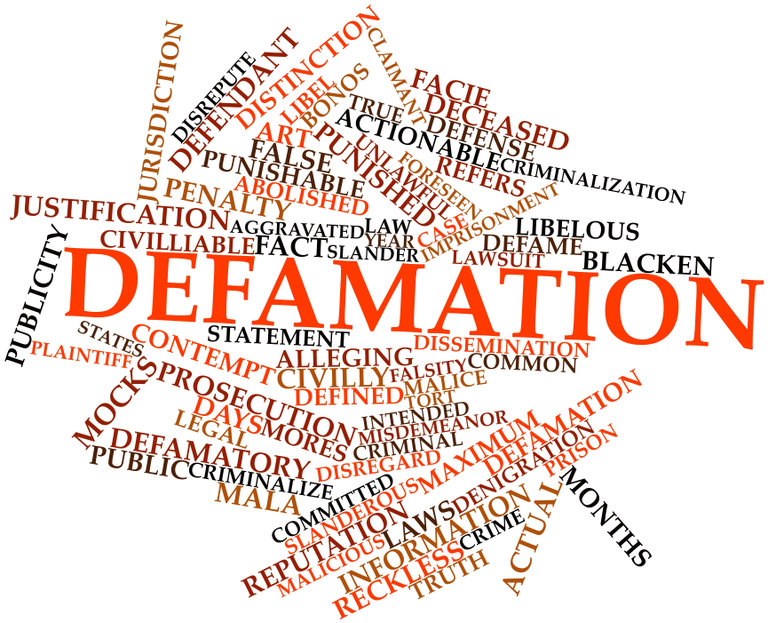What Is Defamation Law?

Defamation occurs when an individual’s character or reputation is harmed as a result of an untrue statement by another person. Victims of defamation often suffer serious harm in the form of both short- and long-term effects on their professional and personal lives.
Defamation can occur in two ways, depending on how the untrue statement is made to others. A defamatory statement that is spoken is called slander.
Written defamation is called libel. Both types of defamation, slander and libel, can form the basis of a lawsuit.
Contact our defamation law attorneys today to learn more about your legal rights.
Examples of Defamation
Defamation laws vary by state. For instance, under Arizona defamation law, libel is considered criminal but treated as a tort, while slander can be more difficult to prove and is treated as a civil injury.
Some common examples of defamation include false, disparaging statements made in the workplace and on social media. Disparaging statements or communications online have significant potential to impact an individual or business. These types of defamation cases are also becoming increasingly prevalent.
- Internet defamation commonly involves false statements harmful to a person or business’ reputation when posted on social media or in a review or comment.
- Defamation in the workplace occurs when another employee’s false statement causes harm to a current or former employee, typically their character, reputation, or career. However, it can often be difficult to determine whether harmful workplace conduct is actionable defamation. Examples of behavior that can be confused with workplace defamation include name-calling, spreading trivial rumors, joking around, and sincere personal opinions.
What Are Common Issues of Filing a Defamation Lawsuit?
Specific issues within defamation law can become complex depending on several factors including:
- Whether the disparaging statement is a statement of fact or an opinion
- Whether the statement is provably true or untrue
- Whether the speaker/writer of the statement knew or should have known the statement was untrue
- Whether the involved parties are public or private figures
- Whether the disparaging statement is protected by privilege
- Whether the disparaging statement gives rise to additional, related causes of action
- The extent of the damages suffered by the defamed party
Related: What Happens in a Defamation Lawsuit?
Help for Victims of Defamation
If you believe you are the victim of defamation, you should seek legal advice to guide your next steps including whether to bring a lawsuit. It is important to be represented by an experienced legal team that can help you navigate the challenges and complexities of your case.
Our legal team at Lerner and Rowe injury Attorneys possess the essential knowledge and experience to help you thoroughly explore your legal options. Contact us to schedule a free consultation. Our libel and slander attorneys are currently accepting the following cases:
- Arizona defamation claims
- Illinois defamation claims
- Indiana defamation claims
- Nevada defamation claims
- New Mexico defamation claims
- Tennessee defamation claims
Call 844-977-1900, complete a confidential online case review form, or chat with a live representative. Our defamation law attorneys will fight hard for you!



